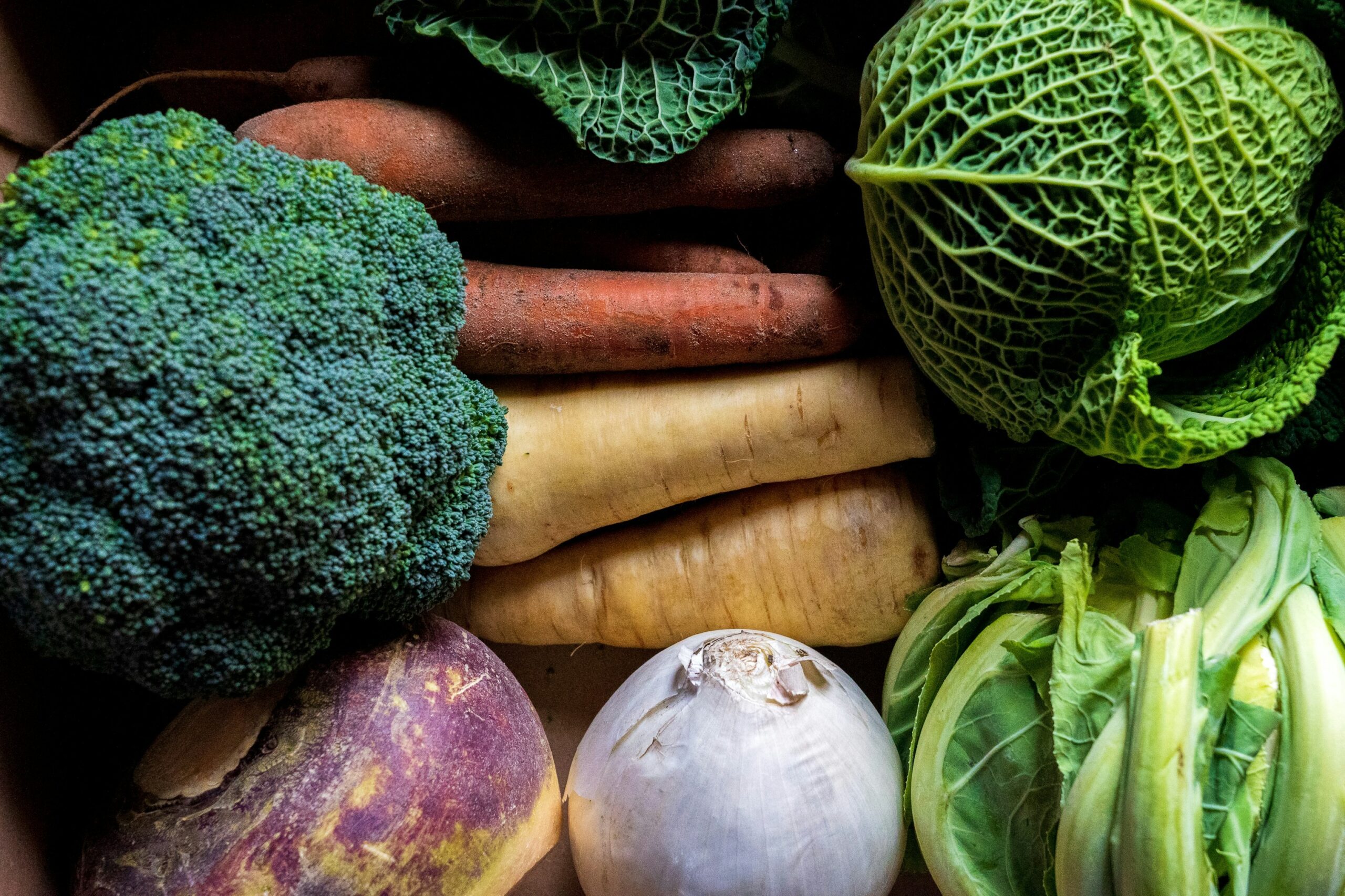Ever wondered how the vibrant, nutrient-packed veggies on your plate could transform your skincare routine? Imagine slathering your face with serums and masks made from ingredients grown without pesticides or synthetic fertilizers. Sounds dreamy, right? But here’s the twist: eco-friendly farming isn’t just good for the planet—it’s phenomenal for your skin.
In this post, we’re diving deep into the world of organic vegetables and their role in natural beauty. By the end, you’ll know how eco-friendly farming connects to radiant skin, practical steps to incorporate these veggies into your routine, and insider tips to make it effortless (and fun). Let’s dig in!
Table of Contents
- Why Eco-Friendly Farming Matters for Your Skin
- Step-by-Step Guide to Building a Natural Beauty Routine
- Tips to Maximize Organic Vegetable Benefits
- Real-Life Skincare Success Stories
- Frequently Asked Questions About Organic Beauty
Key Takeaways
- Eco-friendly farming reduces toxins in skincare products while boosting nutrient density.
- You can grow your own organic vegetables or source them sustainably for DIY skincare.
- Combining eco-conscious practices with natural beauty rituals saves money and protects the environment.
Why Does Eco-Friendly Farming Matter for Your Skin?
Let’s get real—our skin absorbs up to 60% of what we put on it. If those products are derived from conventional crops drenched in chemicals, guess where those toxins end up? Yep, inside you. Scary stuff.
Organic vegetables grown through eco-friendly farming avoid harmful pesticides and herbicides. Instead, they rely on sustainable methods like crop rotation, composting, and biological pest control. These techniques preserve soil health, which means higher concentrations of vitamins, antioxidants, and minerals that directly benefit your complexion.
Confessional Fail:
I once bought an expensive “all-natural” serum online only to find out later it was sourced from non-organic farms. My skin broke out worse than middle school prom night. Lesson learned: Always check the roots—literally.

Step-by-Step Guide to Building a Natural Beauty Routine
Optimist You:
“You’ve got this! A little dirt under your nails is worth glowing skin.”
Grumpy You:
“Ugh, does eco-friendly farming mean I have to start gardening now?”
Fear not! Here’s how to create your dream eco-beauty ritual without turning your backyard into a full-blown farm.
Step 1: Identify Nutrient-Rich Organic Vegetables
- Carrots: Packed with beta-carotene, they brighten dull skin.
- Kale: Rich in vitamin C, it fights free radicals.
- Cucumbers: Hydrating and anti-inflammatory—they’re spa day in veggie form.
Step 2: Source Sustainably
If growing isn’t your jam, shop at local farmers’ markets or join a CSA (Community Supported Agriculture) program. Pro tip: Look for certifications like USDA Organic or Demeter Biodynamic.
Step 3: Create Simple DIY Recipes
Mix mashed avocado with honey for hydration or blend spinach leaves with yogurt for a clarifying mask. No fancy gadgets required—just wholesome goodness.

Tips to Maximize Organic Vegetable Benefits
- Store Properly: Keep produce fresh longer by storing root veggies in cool, dark places.
- Seasonal Selection: Choose veggies grown during their peak season for maximum potency.
- Avoid Overprocessing: Skip cooking when possible; raw ingredients retain more nutrients.
Pro Rant:
Why do brands slap “natural” labels on everything but never show transparency about sourcing? It’s exhausting trying to decipher greenwashing versus legit sustainability. Ugh.
Real-Life Skincare Success Stories
Take Sarah, a busy mom who swapped her drugstore moisturizer for homemade oatmeal-and-pumpkin facials. She noticed fewer breakouts within weeks. Then there’s Tom, who battled eczema until switching to cucumber-based toners. The proof? In the glowing pudding.

Frequently Asked Questions About Organic Beauty
Q: Is it cheaper to use organic veggies in my skincare?
Absolutely! Store-bought serums cost $50+, while DIY recipes cost pennies per batch.
Q: Can anyone try this, even if they have sensitive skin?
Yes, but patch test first to ensure no allergic reactions occur.
Q: Are all organic vegetables suitable for skincare?
Most are safe, but some (like onions) might irritate. Stick to tried-and-true options!
Conclusion
Eco-friendly farming offers more than cleaner air and water—it gives us access to powerhouse ingredients perfect for natural beauty routines. From nourishing DIY masks to ethical sourcing, this approach proves sustainable AND effective. So why not give it a shot?
Final thought: Like tending to a Tamagotchi, consistent care—paired with mindful choices—is key to thriving skin.


